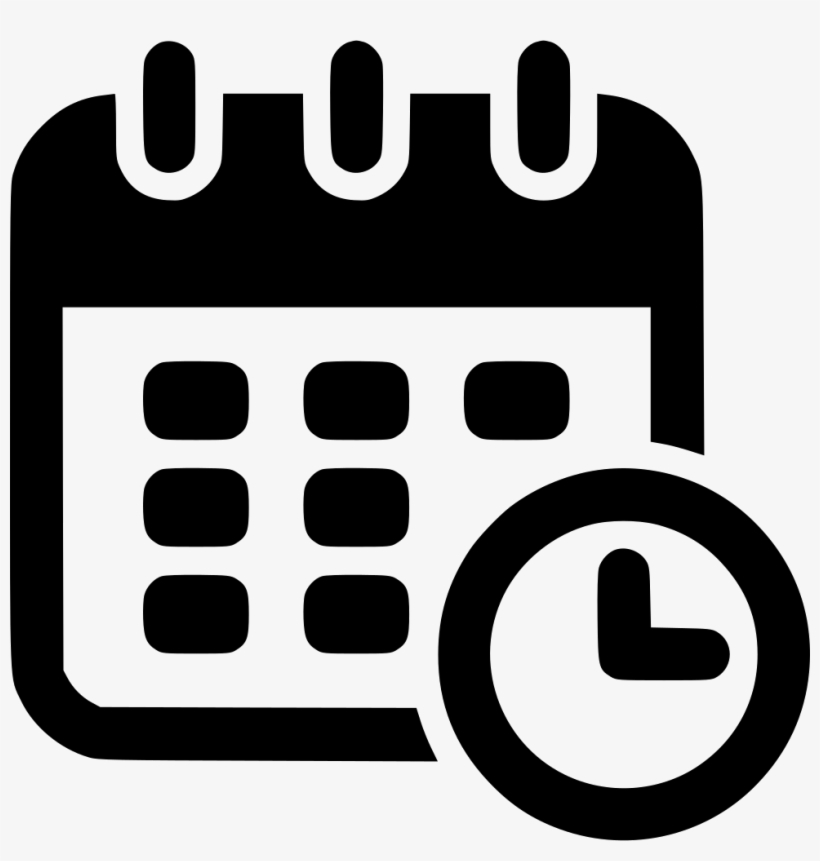
Career Assets
Navigating Uncertainties During Your PhD

 Dr. Zachary M. Wilmot, Senior Associate Editor
Dr. Zachary M. Wilmot, Senior Associate Editor
 November 2023
November 2023
Earning your PhD is a long and difficult process, and it is rare for everything to go exactly as planned; experiments fail, advisors leave, fieldwork becomes impossible, data gets lost, and your topic might lose its appeal. If it feels like your plans are falling apart, know that you are not alone; it is perfectly normal to have to navigate uncertainties and unexpected difficulties during graduate school. Below are some uncertainties you might have to deal with and some things to consider when handling them.
Changing Advisors
Ideally, you settle on an advisor early in your graduate school career and they guide you through the rest of your program. However, some students find that they need to switch advisors in the middle of a program, whether due to a change in their research topic, their advisor retiring or leaving the institution, or to escape from a toxic or career-damaging environment.
If your advisor is leaving for another institution, do not panic. It may be possible for you to follow your advisor to their new institution, and if you are an advanced enough student, your program may actually allow your advisor to finish advising you even though they left. If you decide to remain at your current institution, ask your departing advisor who they recommend you work with instead; having to change advisors mid-program is not as uncommon as you might think, and some faculty may be willing to be flexible to help you finish your degree, though this may somewhat set back your dissertation. Your department chair can also provide advice on options to move forward with your degree.
Changing advisors while both of you remain in the same program is also possible, though more difficult, as you have to be very careful not to burn any bridges. In this case, it is essential that you have another advisor lined up before leaving your current advisor and that you do not say anything negative about your current advisor (unless they are violating ethics standards or are engaged in abusive behavior, in which case bringing your case to an appropriate high-level university committee or ombudsperson may be the best path forward). It is best to frame your desire to change advisors as a difference in research topics and expectations when approaching potential new advisors, and having a clear idea of your new research path is also essential in convincing a new advisor to take you on.
Failed Experiments
Perhaps the most common obstacle to achieving a PhD, at least in the natural sciences, is failed experiments. Unfortunately, there is not much one can do to avoid a failed experiment other than to understand that failed experiments are a part of science. Just because an experiment fails does make you a failure as a researcher. If one experiment fails, it can be fairly simple, albeit frustrating, to just move on to another experiment. However, a string of failed experiments should give you some pause, as it may be a sign that you need to take your research in a new direction, whether by changing some of the fundamental thinking behind your experiments, or, more dramatically, by shifting your research focus.
Fieldwork Falling Through
Some research projects require traveling to other places to obtain data. This is common in several fields, including geology, zoology, ecology, environmental science, anthropology, sociology, political science, history, and archaeology, and is often referred to as fieldwork. Fieldwork can be very challenging in terms of logistics and can require months, or even years, of planning, and hiccups in this planning are common. Most commonly, travel plans can fall apart (especially when visas are involved) or fieldwork locations can suddenly become unsafe, often due to political changes.
Fieldwork falling through is not the end of your career; if your project has multiple field sites, your project can often be redesigned to simply exclude or replace the field site that is giving you difficulties. If your project only has one field site, but your research is about a broader topic, it may be possible to select a different field site, although this may require going back to the literature to learn more about your new location. If your field site and research project are deeply interconnected, you may need to think about changing your research topic, or else considering if there is another way to answer your research question without doing fieldwork, either through experiments, partnering with another institution, or using other data sources.
Changing Topics
Changing research topics, and even simply choosing one in the first place, is another uncertainty that many PhD students face. You may want to change your topic due to a string of failed experiments, your topic being “scooped” by another researcher, changing your advisor, or because you have hit a wall or are no longer interested in your current topic. In these cases, talking to your advisor should always be the first step in figuring out what to do; they can help you decide whether you should power through with your current topic, change topics entirely, or simply shift your focus slightly.
It is usually best to change your topic as little as possible. If your new topic is close enough to your original topic, then you will minimize the amount of work you will have to do, as you may still be able to use the data you have already collected. Often, this can be achieved by changing your specific research question while still remaining within the same broad topic.
Deleted Data/Writing
One of the most important pieces of advice for graduate students is that you should always regularly back up your work in at least three places, including at least one physical backup and one cloud-based backup. Doing this is the easiest way to avoid losing your data or writing. However, if you missed a regular backup session (or did not back anything up at all) and your work gets deleted, you should first try to see if there is a way to recover it; sometimes, deletion is not as permanent as it seems. Consulting your university’s information technology department may help you recover at least some of your lost work, especially if the loss was due to a corrupted file or a software crash. Failing that, if you have collaborators, it may be possible that they have some version of your writing or data that they have saved, and if you can obtain it, you won’t have to start from scratch. If none of those work, then you may need to recollect your data or simply start writing again from the beginning, but this time, you will have a much better idea of what you are doing.
Disproven Conclusions
Perhaps, as you near the end of writing your dissertation, you find that what you have found so far invalidates your hypotheses or conclusions, or else your advisor or a reviewer points out something that does. Though this can be alarming, there is no need to panic. If you have a good advisor, the first thing to do is to meet with them to ask for their advice. They can help you to reframe your dissertation and design a plan to conduct supplementary analyses that support this reframing.
This is much easier in some fields than others; in the humanities and qualitative social sciences, it is perfectly acceptable to simply reframe your argument and change your thesis, although this will require going back to the field, archive, or data to do further analyses that help you explore your new research focus. However, this is not always easy when working with quantitative data or in the hard sciences, as it can lead to questionable statistical practices, but it may still be possible to run related experiments or analyses with a new focus.
Loss of Funding
One of the most terrifying prospects for PhD students is losing their funding. Usually, you will have at least a semester’s warning that your funding is drying up, so you will have some time to plan. The best solution is to immediately look for other sources of funding and begin applying to them. Your advisor may have some suggestions for places to look (or may even be able to offer you further funding themselves if you are very lucky), and it can also be helpful to look at your institution’s writing center, center for teaching and learning, and library, as they sometimes have small pockets of money available that can also provide you with other opportunities. Looking for adjunct teaching positions can also be a way to fill in funding gaps until you complete your degree, and using social media to connect with academics can also open up research assistantship positions that are not publicly advertised.
Though completing your PhD will require overcoming unexpected obstacles and uncertainties, if you keep a cool head, assess your options, and ask your advisor and support networks for advice, you can make it through any difficulties you may face.
 Previous Article
Next Article
Previous Article
Next Article 
 Tweet
Career Assets
Tweet
Career Assets

 Dr. Zachary M. Wilmot, Senior Associate Editor
Dr. Zachary M. Wilmot, Senior Associate Editor
 November 2023
November 2023 Previous Article
Next Article
Previous Article
Next Article 